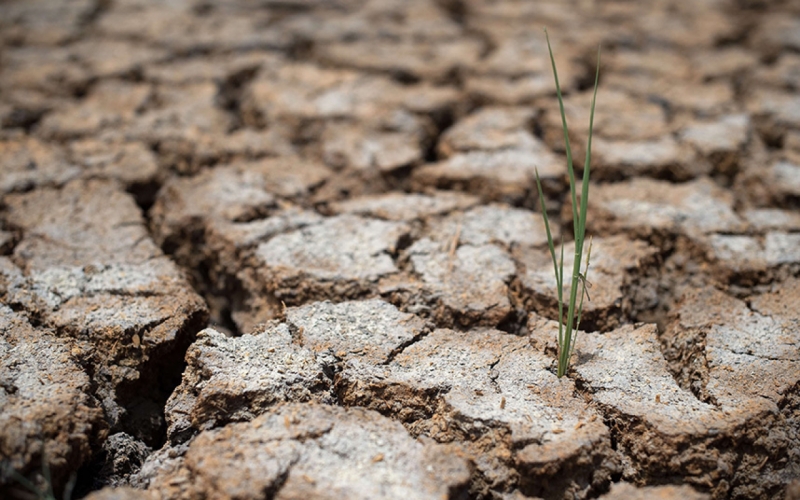




While the recent drought has caused a huge decline in the country’s water supply, there seems to be no shortage of that supple, vigorous liquid that quenches the resilient Thai spirit.
Making Rains
The country is furiously, relentlessly battling its nature-borne enemy in a spectrum of ways.
For instance, when Mother Nature would not produce rain, the government of Thailand says: why don’t we produce our own?
Early this month, Prime Minister Prayut Chan-o-cha has ordered authorities to produce artificial rain to ensure there is sufficient water in the dams for tap water production. The operations aspire to tackle the problem of drought, in which water will be distributed in the most stricken areas.
Along with this, The Metropolitan Waterworks Authority (MWA) likewise launched a water consumption awareness program nationwide, encouraging people to save as much water as they can to make sure there is enough water for everyone throughout the year.
Small Communities Step In
The actions taken by the government, however, did not stop small communities to chip in their contributions amidst the national crisis.
For one, Ban Limthong, in the Nang Rong district of Buri Ram province, is recognized for its successful water management programs based on His Majesty the King's initiatives. The royal initiatives, including kam ling (or monkey's cheek) water retention areas, are implemented along with other plans designed to ensure there is sufficient water for all seasons, particularly the dry season.
As part of the water management programme, residents are given information on efficient water usage. Farmers are trained to implement crop rotation and integrated farming techniques, and were also taught to use GPS technology and maps to help determine where to excavate ponds and canals for rice fields.
Successful water management initiatives in Ban Limthong have been a model of good practice for 42 other communities in five tambons nearby. Following Ban Limthong's lead, these communities now use water more sustainably, benefitting more than 2,000 families in the area and ultimately helping lessen the adverse effects of drought.
KKU to the Rescue
Meanwhile, the academe refuses to be irrelevant in the face of calamity.
Khon Kaen University (KKU) stayed true to its motto, “knowledge, virtues, wisdom,” as it exercised the virtue of compassion and commitment to service in addressing the extremely dry weather conditions. In March, it was reported that water used at KKU were treated and redistributed to nearby village communities for agricultural use, to help alleviate the worsening impact of drought.
University rector Kittichai Triratanasirichai said five communities benefitted from the said initiative. The release of treated water, in cooperation with the irrigation office in Khon Kaen, distributed 500 to 1,000 cubic meters of water to the villagers for farm use each day.
China Lends a Hand
Finally, following an initial release on March, China has likewise released more water from a dam in its southwestern province of Yunnan to help ease the impacts of drought in parts of Southeast Asia, including Thailand.The water release is said to continue until the "low-water period" is over.
Apart from Thailand, China has said that this initiative will benefit Cambodia, Laos, Myanmar, and Vietnam. This is despite China having territorial dispute between some Southeast Asian countries, such as Vietnam, exhibiting how countries can set aside political rifts and work hand in hand in the face of disasters.
Rising Out of the Ashes

These are just some of the initiatives that various stakeholders in and out of Thailand are implementing collectively to address the national catastrophe that is drought, proving that while disasters may wreak havoc in a country, it can also bring a nation – even the world – together.
And with this unity comes hope – hope that after all the heat and the burning, a better Thailand would rise out of the ashes.
Thailand may be experiencing its worst drought in decades, leaving a trail of destruction in its wake (Read: Thailand’s Drought and the Havoc it Brought). But the heat that rendered the nation’s economy dry and killed millions of livelihood turns out to be the exact same heat that would fuel the people’s nationalistic fervor.
I guess it is safe to say that even in the face of extreme weather conditions, the Thais can sleep well at night, knowing that Thailand will be alright.